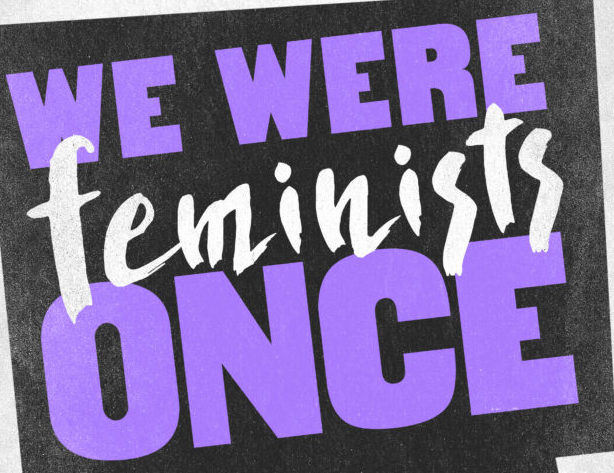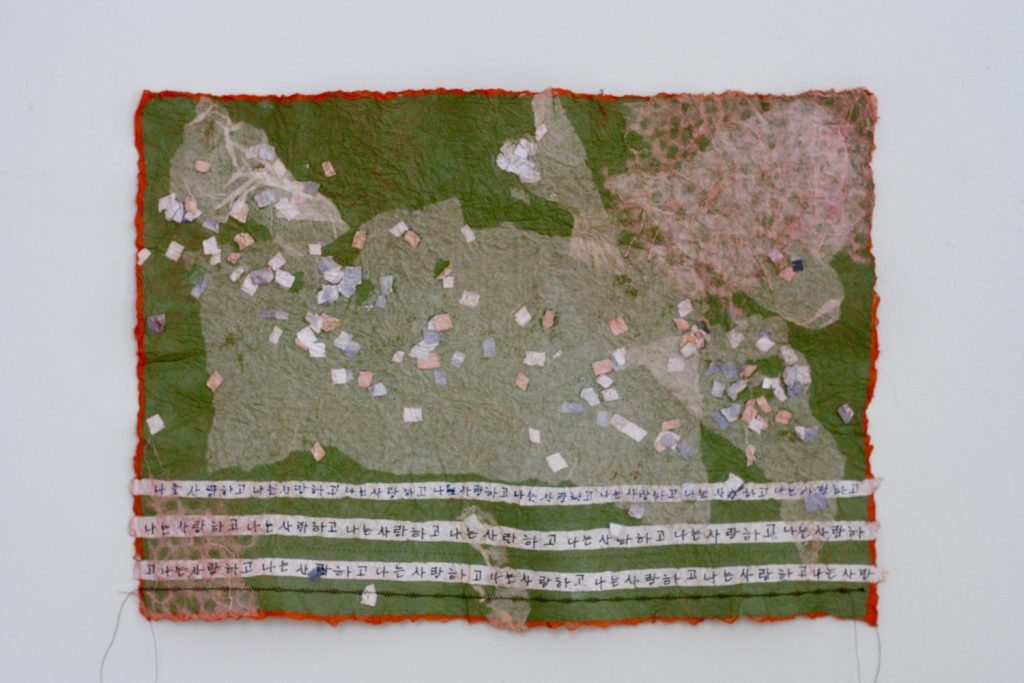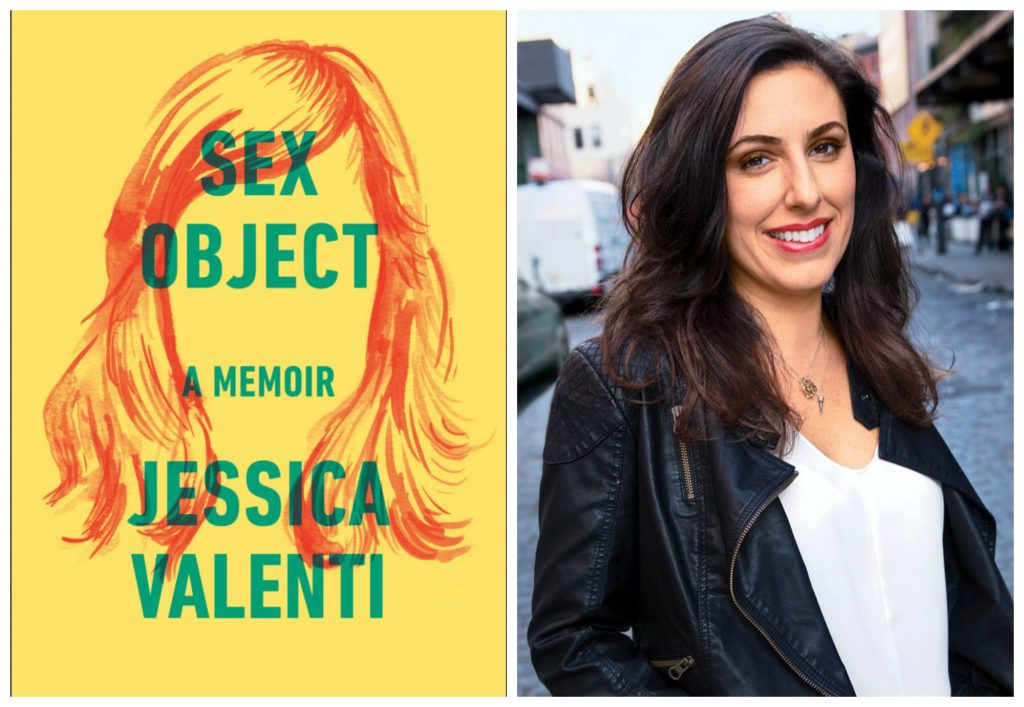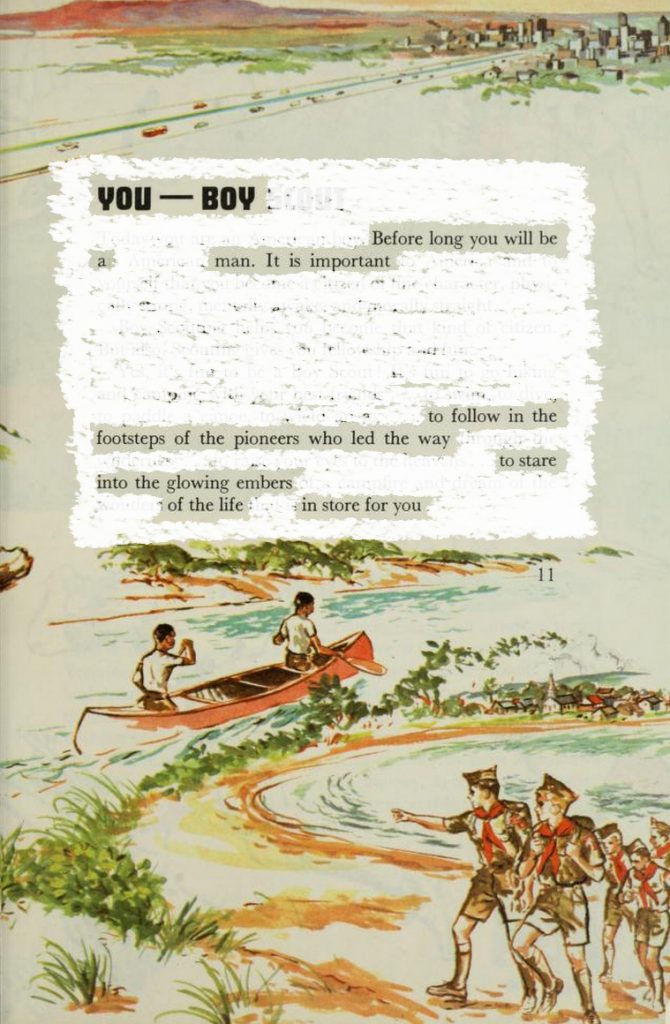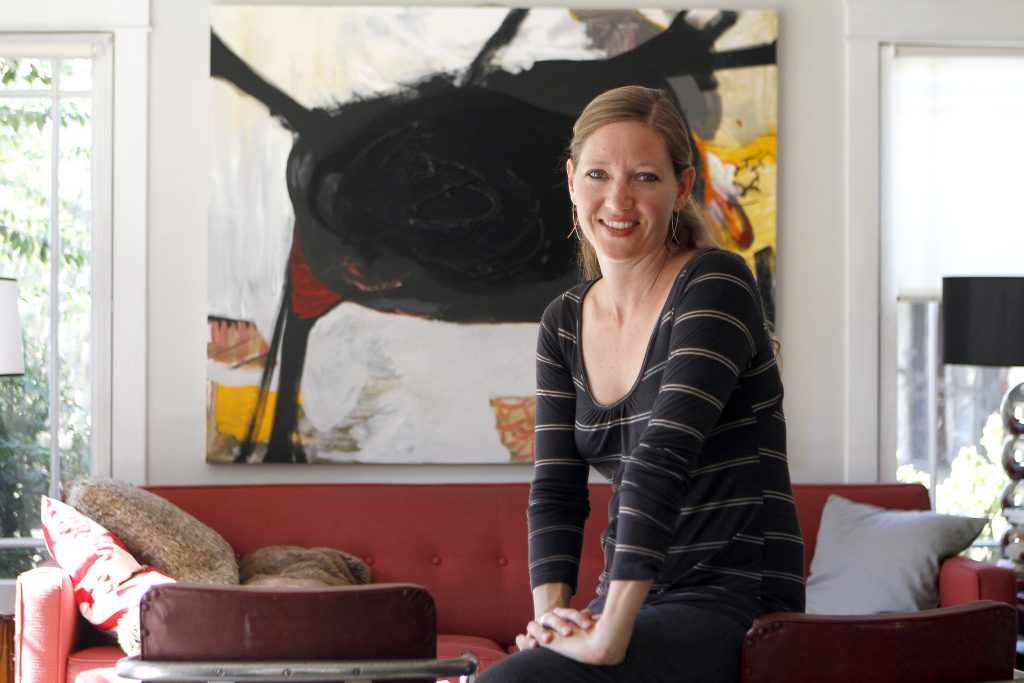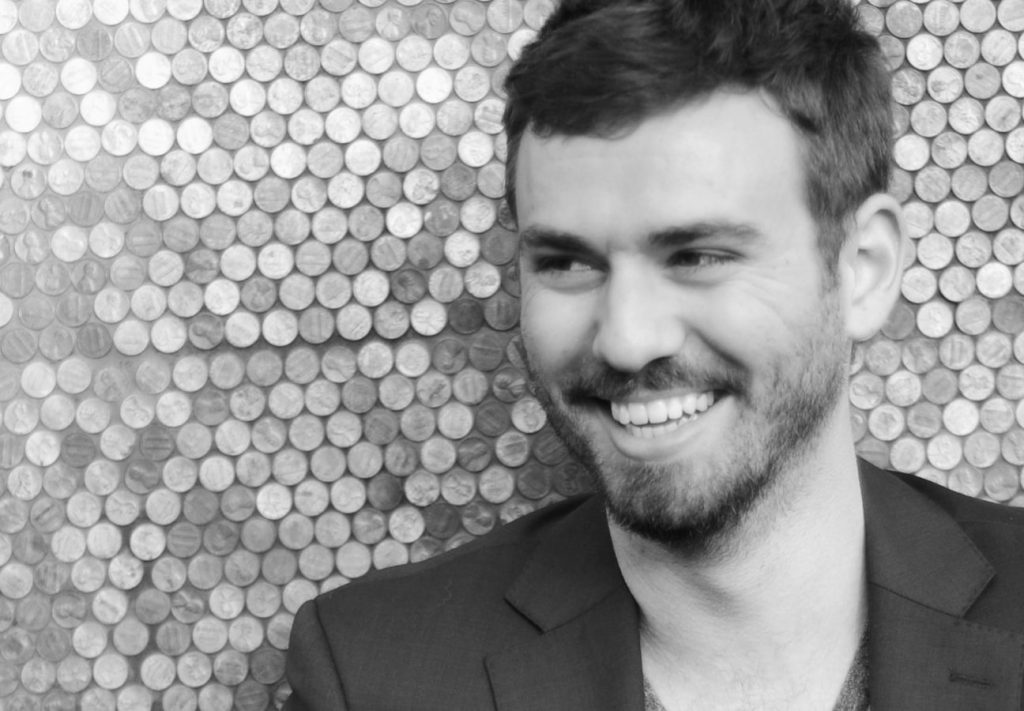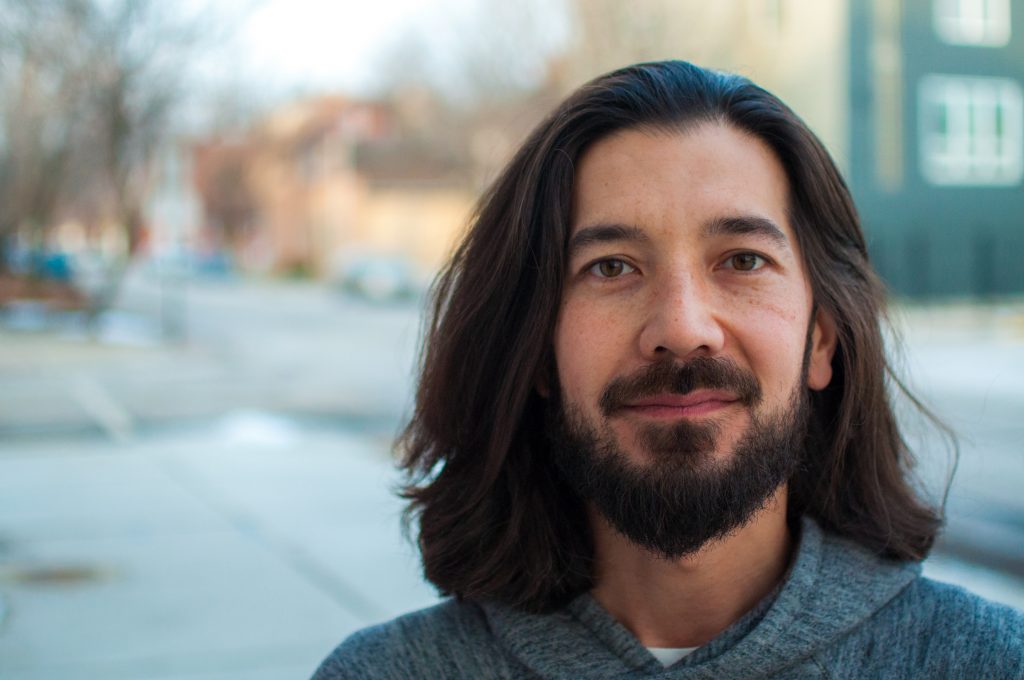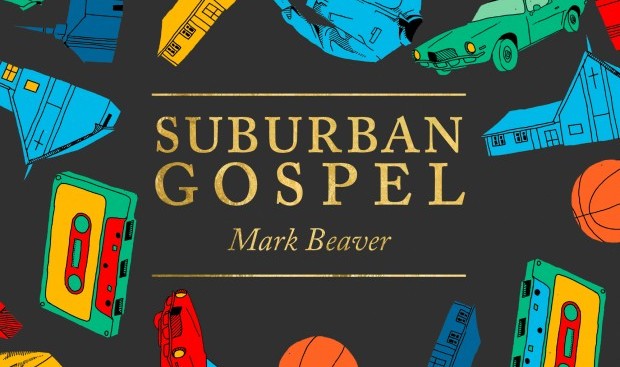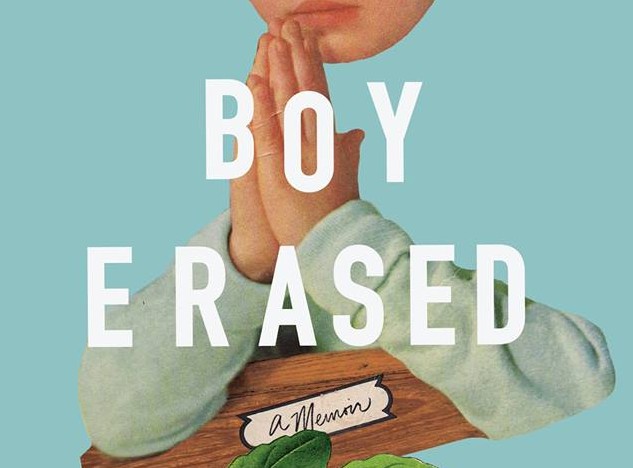On “We Were Feminists Once”: An Interview with Andi Zeisler
“The most common dissenting sentiment is, ‘Look, it’s fine that people are gonna come to [feminism] through pop culture, and you can’t say it’s less real than coming to it through feminist theory.’ I’ve definitely heard some frustration around that. I agree with that sentiment to some extent, but it still doesn’t absolve people of their individual ability to research feminism further—to do their own exploring—and it doesn’t mitigate the media’s role in the ways they’ve filtered and diluted feminism.”
On “We Were Feminists Once”: An Interview with Andi Zeisler Read More »

